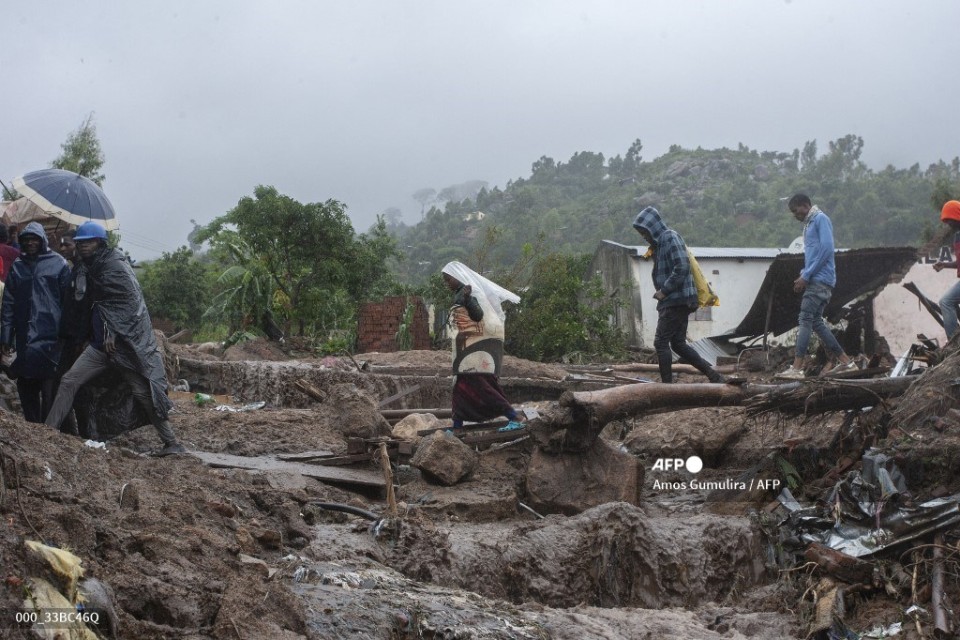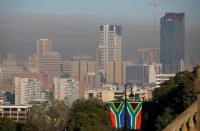
The deadly cyclone that lashed Malawi last week has displaced more than half a million people in the country, the UN said Tuesday as it warned of soaring humanitarian needs.
Cyclone Freddy dumped six months’ worth of rainfall on southern Malawi in six days, with floods and mudslides sweeping away homes, roads and bridges in a record-breaking deluge.
The cyclone has left almost 500 people dead in the south of the country, while another 150 have died in its path in other southern African countries since the end of February, UN agency data shows.
“Nearly 508,250 people have been displaced and at least 499 killed” by the flooding in Malawi, the UN’s International Organization for Migration (IOM) said.
“Heavy rains, strong winds, and floods attributed to the cyclone have had a devastating toll on the people across 14 districts — nearly half the country — with at least 1,300 people injured and 427 missing according to authorities.”
Search and rescue operations are ongoing, with over 1,000 people evacuated, and more than 500 emergency shelters have been opened, it said.
“Those affected are in dire need of urgent humanitarian support with the most immediate needs being shelter, food, clean water, sanitation and hygiene, health, and protection”, it added.
The country was already battling its deadliest cholera outbreak on record when the storm landed. The epidemic has killed more than 1,700 people and authorities and NGOs fear it will worsen.
“The people of Malawi are facing yet another catastrophic disaster with a potential long-lasting effect. It is important that we urgently reach the affected communities as the needs grow by the hour”, the IOM said.
Cyclone Freddy first struck southern Africa in late February, hitting Madagascar and Mozambique, leaving Malawi unscathed.
The storm then moved back out over the Indian Ocean, where it drew more power from the warm waters before making a rare course reversal to slam into the mainland a second time.
Over one million people have been affected in Madagascar and Mozambique, with more than 160,000 people internally displaced, the IOM said.
Climate change-related extreme weather is increasingly driving displacement around the world, especially in vulnerable countries, the IOM said.
Over the past decade, storms, floods, droughts and climate-related disasters have caused an average of 21.6 million internal displacements each year, it said.
© Agence France-Presse







